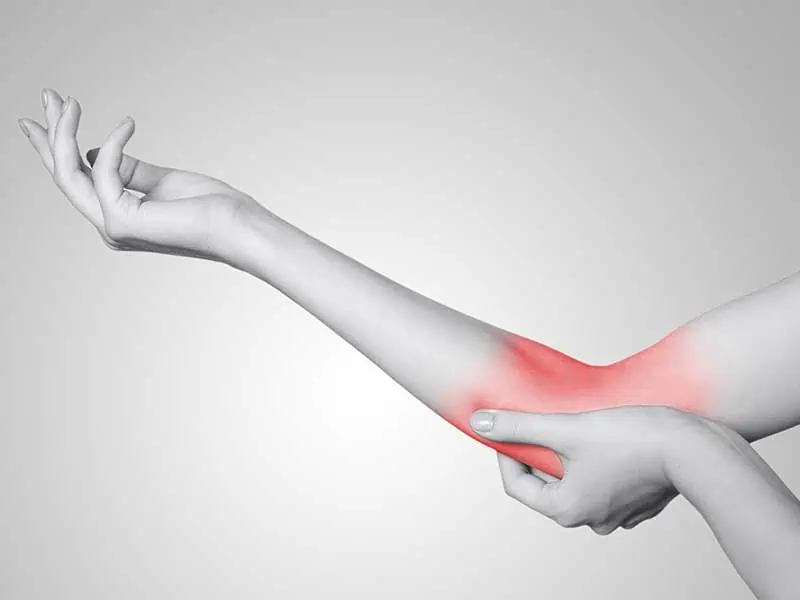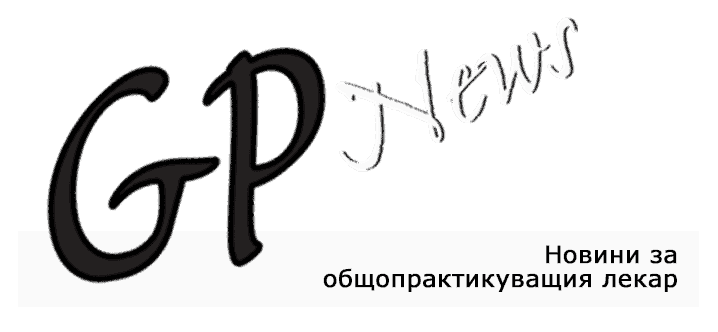
Issue 9/2022
T. Yoneva, R. Rashkov, Y. Zdravkova, I. Sheytanov
The ANCA associated vasculitides (AAV) are multisystemic autoimmune diseases which are characterized by necrotizing inflammation of the small sized vessels, autobody production against cytoplasmic antigens in the neutrophilвs (ANCA) and diverse organ manifestations. They are necrotizing by nature and that makes them very dangerous because they lead to rapid destruction of the vessel wall and organ damage often with early progression to end stage organ failure. Every organ and body system can be affected by the disease, depending on which are the affected vessels but the most common manifestations are from the lungs and kidneys. In the current paper are analyzed the type and frequency of the most common manifestations in 145 Bulgarians with AAV (60 male and 85 female). Respiratory tract manifestations are observed in 118 patients, especially in the patients with granulomatosis with polyangiitis, more rarely in patients with eosinophilic granulomatosis with polyangiitis and а few cases in patients with microscopic polyangiitis. Destruction and function disturbance is observed only in cases with granulomatosis with polyangiitis. The most common pulmonary symptom is cough (in 97.6% of the patients). Hemoptysis is observed only in granulomatosis with polyangiitis.
The vasculitis most frequently and most rapidly leading to respiratory failure is microscopic polyangiitis. That is due to the development of pulmonary capillaritis. The renal involvement in AAV is the most clinically significant and severe manifestation. It is observed in 94 patients. It is more common in MPA, less common in GPA and rare in EGPA. The renal manifestations are silent and asymptomatic. The first symptoms are microscopic hematuria with or without proteinuria. More than 70% of the patients have elevated serum creatinine and BUN at the time of diagnosis and this is more frequent in the MPA group. More than one third of the patients have needed dialysis (34.74%) with no difference between the two types of vasculitides.
Address for correspondence:
T. Yoneva
Rheumatology Clinic, UMHAT “Sv. Ivan Rilski” – Sofia
1612, Sofia, Bulgaria
13, ”Urvich” Str.
e-mail: tz_yoneva@abv.bg
